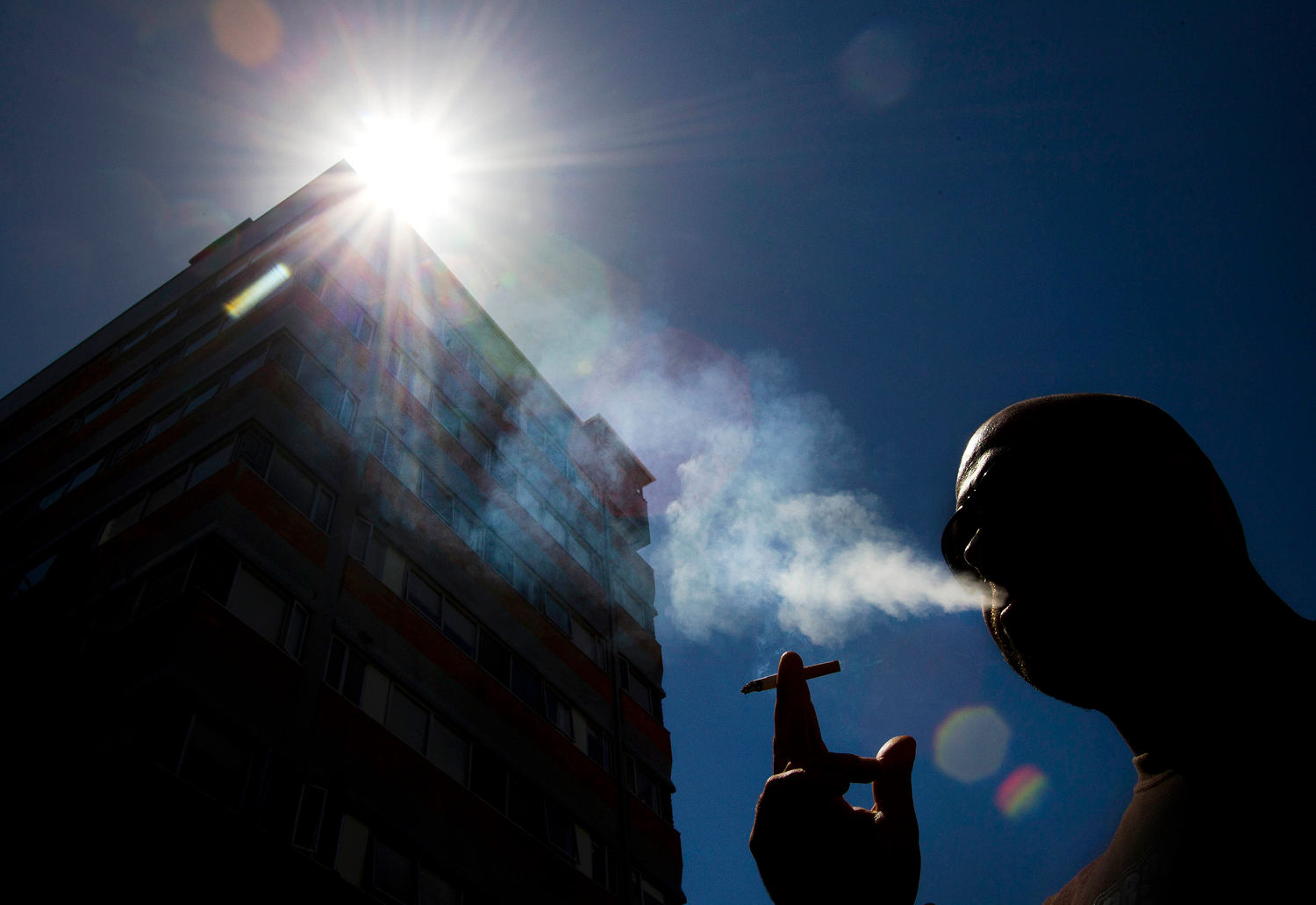[ad_1]

LONDON — Health and tobacco campaigners said Monday that New Zealand’s plan to repeal laws that would ban tobacco sales for future generations threatened lives and put international efforts to curb smoking at risk.
The country’s new center-right coalition will scrap the laws introduced by the previous Labour-led government, according to coalition agreements published on Friday.
The package of measures would have seen bans on selling tobacco to anyone born after Jan. 1, 2009, reduced the amount of nicotine allowed in smoked tobacco products and cut the number of retailers able to sell tobacco by over 90%.
They marked some of the toughest anti-tobacco rules in the world. A ban on smoking for future generations was subsequently proposed in Britain, with other countries also considering similar rules.
“This is major loss for public health, and a huge win for the tobacco industry — whose profits will be boosted at the expense of Kiwi lives,” said Boyd Swinburn, co-chair of Health Coalition Aotearoa in New Zealand.
HCA pointed to academic research that found the laws could have saved some $1.3 billion in health system costs over 20 years, and reduced mortality rates.
New Zealand’s Department of the Prime Minister and Cabinet did not immediately respond to a request for comment outside of usual business hours in the country.
Sarah Jackson, principal research fellow in the University College London Tobacco and Alcohol Research Group, said the decision could threaten plans in other nations.
“There is a risk that New Zealand’s U-turn could prompt policymakers in England to reconsider,” she said.
The coalition government will also tax smoked products only and reform regulations for alternatives like vapes, including a ban on disposable vapes and tougher penalties for those selling to underage customers, according to the documents.
Incoming Finance Minister Nicola Willis told New Zealand’s Newshub Nation that the former government’s measures would have significantly reduced tax revenues.
Deborah Arnott, chief executive of British health charity ASH, said that smoking costs public finances nearly double tobacco tax revenues.
[ad_2]
Source link
